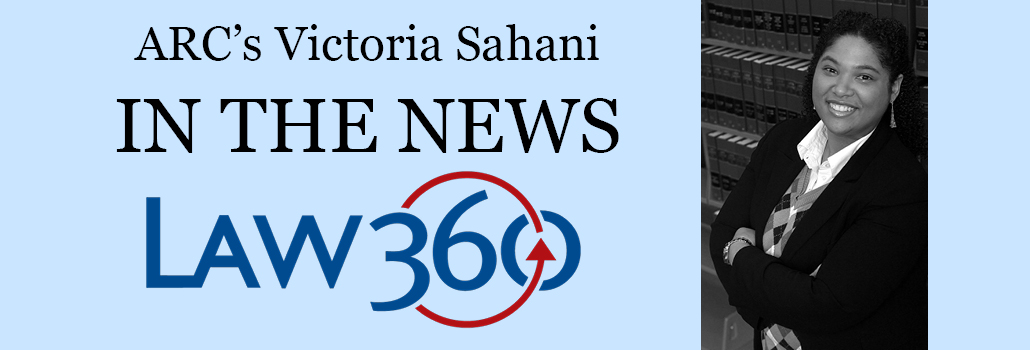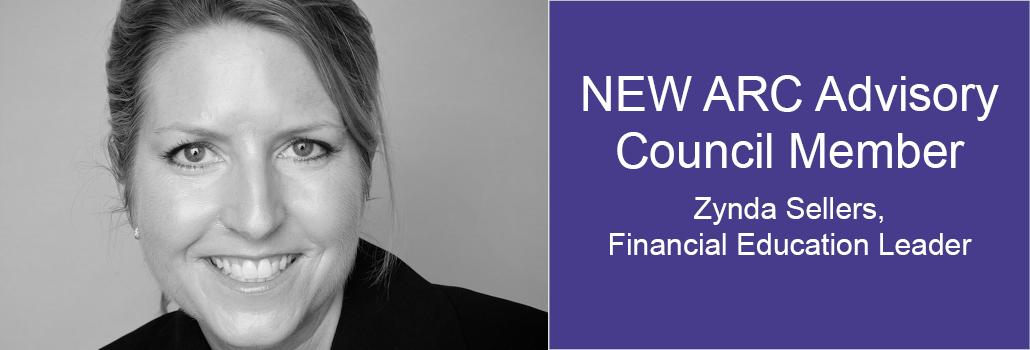Everyday people in this country are struggling to make ends meet. They are living paycheck to paycheck, with little or no savings, and many have few places to turn when they face an emergency. No emergency is as tragic or heartbreaking then a death in the family. Many people buy life insurance policies to make sure their families are taken care of in the case of their untimely death, and expect the policies to be paid out in order to cover the mounting expenses that can result from such a loss.
But, as many in Illinois recently discovered, these benefits have often gone unpaid because of a loophole that allowed insurance companies to keep the money if no claim was made. So if the beneficiary didn’t know the life insurance policy existed, or if, in grief, it was forgotten, the insurance company could keep the money instead of making sure it got to those who surely needed it. And this fine loophole was something the U.S. Chamber of Commerce recently fought hard to defend—once again putting big business profits over people.
This past week, the U.S. Chamber of Commerce—through its offshoot The Institute for Legal Reform (ILR)—urged Illinois Governor Bruce Rauner to veto pro-consumer legislation that will ensure bereaved families get life insurance money their loved ones intended for them.
Before this legislation, no Illinois state law was in place compelling insurance companies to pay benefits to those who didn’t make a claim. So, many insurance companies (also paying U.S. Chamber members) didn’t—leaving more than $550 million in unpaid benefits owed to Illinois residents alone—according to the Illinois State Treasurer’s Office, which uncovered this loophole through audits.
To reiterate: The U.S. Chamber of Commerce and ILR fought to ensure insurance companies could keep the money owed to beneficiaries of their bereaved clients’ policies. These are policies that these clients paid premiums on, and gave them peace of mind before their passing.
Republican Governor Rauner—usually a pro-business ally of the Chamber—was unconvinced by ILR’s July letter, media push, and hard lobbying to kill a bill that will eliminate loophole. This past Friday, Rauner signed the bill, which passed through the legislature unanimously with bi-partisan support.
In a statement, Illinois Tresurer Mike Frerichs said “I’ve never met a man or woman who purchased life insurance with the expectation that the death benefits would stay with the insurance company rather than their family.”
The U.S. Chamber and ILR must disagree, somehow.
But, this isn’t the first time the Chamber has defended profits over people. In their fight to restrict access to consumer legal funding, the Chamber has tried to block people from having a necessary option many turn to when going through a crisis, like a car accident.
Consumer legal funding helps people replace lost income and get back up on their feet after an accident by purchasing part of the potential proceeds of a settlement for money now. Many people use it to hold out for a fair offer from an insurance company, instead of taking the first lowball offer, in an effort to ensure that they can continue to get medical treatment and recover properly long-term. But, fair offers cut into an insurance company’s bottom line.
At an Aug. 24 hearing in Chicago on the topics of unpaid life insurance policies, Frerichs said insurance companies “count on a certain number of policies not being cashed,” despite beneficiaries being entitled to, and likely in need of, the money.
Similarly, auto insurance companies count on a certain number of policies not being used, and for those where claims are made, many of those claims being settled for far less than fair value. So, anything that helps people recover fairly is viewed negatively. As a result, consumer legal funding has become a target of the U.S. Chamber of Commerce and ILR’s massive lobbying effort.
Thankfully, state legislatures, elected officials, and advocates have seen through ILR’s veil of concern for consumers, and have started acting to ensure access to consumer legal funding for those that need it. New laws out of Vermont and Indiana are two examples of legislatures acting in the interest of their constituents to preserve access.
ILR’s recent, egregious defense of loopholes benefiting insurance companies over the grieving families of bereaved clients in Illinois may have come as a shock to some. But to careful observers, it was likely unsurprising. The U.S. Chamber of Commerce and IRL defend the interest of their clients—major companies and corporations—not consumers, and often, not small business, though they claim to do so. ILR defends no one, only the bottom line.










